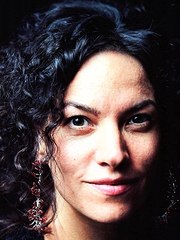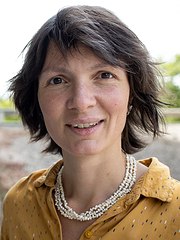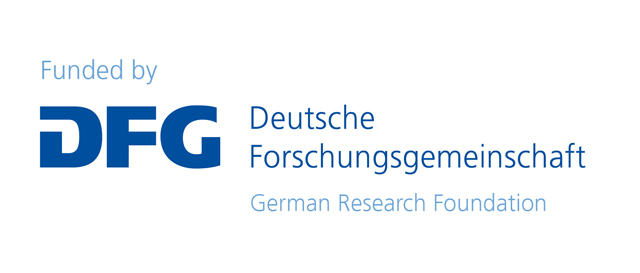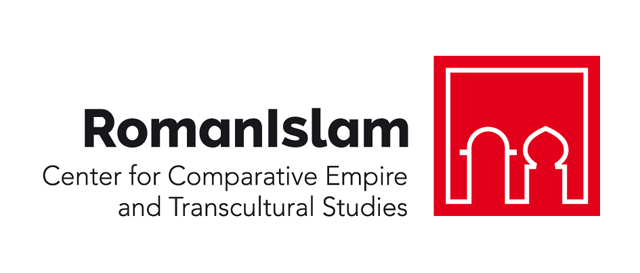Music in the Roman and Islamic Empire
What Happened to Ancient Graeco-Roman Music?
Abstract: This presentation will explore the universally acknowledged hypothesis concerning the demise of Graeco-Roman musical culture and consider possible scenarios regarding whether its various components were absorbed and continued by the successors of the Roman civilization. Since it is generally believed that ancient music was lost with the onset of Christianity, the reasons for such an abrupt end will be analysed. Finally, the presentation will examine surviving musical artefacts from the transitional period and their subsequent role in preserving the heritage of ancient musical culture, as well as its enduring influence on Western music.

Kamila Wyslucha holds a PhD in Classics from the University of Wrocław. She is the author of several articles and chapters on musical motifs in Augustan poetry and Latin rhetorical writing. Her research interests include issues associated with the performance of ancient Greek and Roman music, with a particular focus on aulos crafting and playing techniques.
The Functions of Music in Imperial Islam
Abstract: During the Abbasid era, Baghdad flourished as a cosmopolitan hub and served as the focal point for the Greek-Arabic translation movement. Here, diverse cultural and intellectual traditions converged, mutually influencing one another. Music played a pivotal role in asserting secular and religious authority, and it permeated the intellectual discourse among courtiers and scientists, forming a universal language understood from the East to the West. In this paper, I will argue that music possessed the ability to forge a shared imperial culture by engaging with various levels of knowledge and aesthetic appreciation, and by integrating numerous local traditions.
 Yasemin Gökpınar is an Arabist, Islamic scholar, and musicologist who received her PhD in Bochum with a thesis on “Courtly Music Practice in Medieval Arab-Islamic Culture from the Abbasid Period to the Mamluks” (2016). Her research focuses on Arabic music theory and culture, Greek-Arabic translations, and manuscript culture. She has been working at the Seminar for Oriental and Islamic Studies at Ruhr-Universität Bochum (RUB) from 2018 to 2023 and simultaneously is a researcher in the ERC project “Ancient Music Beyond Hellenization” at the Academy of Sciences (ÖAW) in Vienna since October 2018. Currently, she is an acting professor at the Asia-Africa Institute at the University of Hamburg, and she is working on Arabic music theory in al-Fārābī and the adaptation of the Greek.
Yasemin Gökpınar is an Arabist, Islamic scholar, and musicologist who received her PhD in Bochum with a thesis on “Courtly Music Practice in Medieval Arab-Islamic Culture from the Abbasid Period to the Mamluks” (2016). Her research focuses on Arabic music theory and culture, Greek-Arabic translations, and manuscript culture. She has been working at the Seminar for Oriental and Islamic Studies at Ruhr-Universität Bochum (RUB) from 2018 to 2023 and simultaneously is a researcher in the ERC project “Ancient Music Beyond Hellenization” at the Academy of Sciences (ÖAW) in Vienna since October 2018. Currently, she is an acting professor at the Asia-Africa Institute at the University of Hamburg, and she is working on Arabic music theory in al-Fārābī and the adaptation of the Greek.


